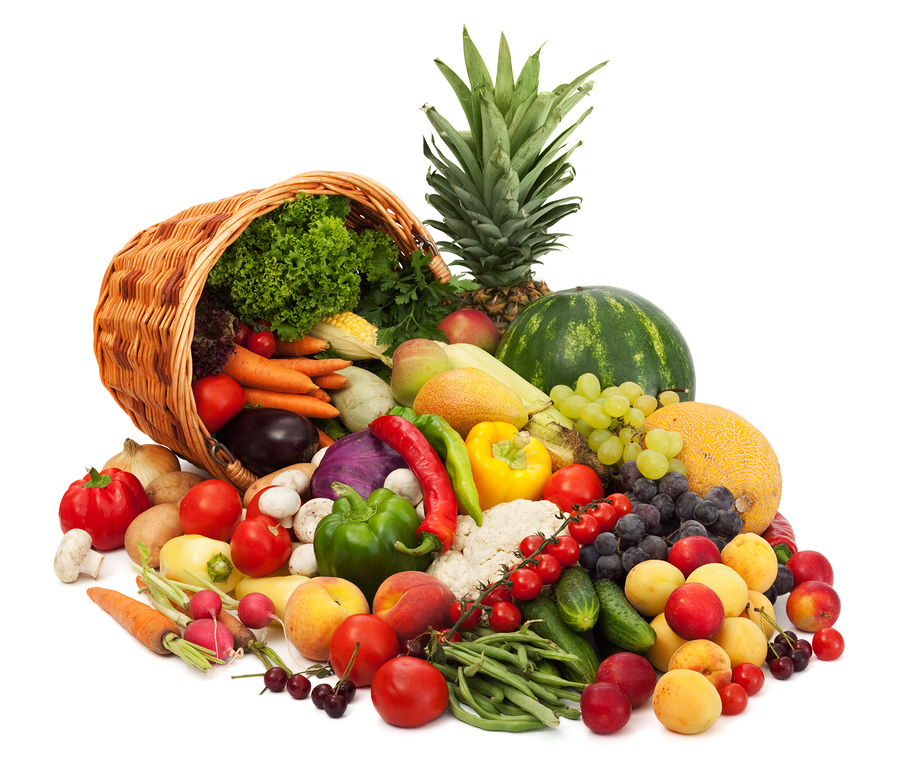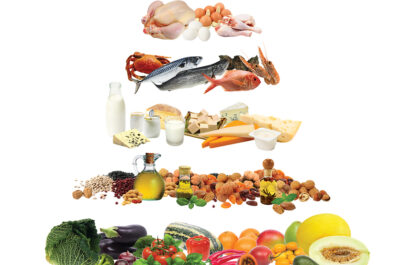 Many people debate what diet is best. As we reach middle age it seems keeping the weight off becomes harder. It is not uncommon for people to develop diabetes at age 45 and then to continue into type 2 or insulin dependent diabetes. What is worse is as people are battling weight gain many turn to high protein diets. Researchers just published a study in the Journal of Cell Metabolism and the results might make a few heads turn. The study divided people into two groups one was 50-65 and the other 65+. The study examined the results of eating a diet rich in protein.
Many people debate what diet is best. As we reach middle age it seems keeping the weight off becomes harder. It is not uncommon for people to develop diabetes at age 45 and then to continue into type 2 or insulin dependent diabetes. What is worse is as people are battling weight gain many turn to high protein diets. Researchers just published a study in the Journal of Cell Metabolism and the results might make a few heads turn. The study divided people into two groups one was 50-65 and the other 65+. The study examined the results of eating a diet rich in protein.
The results showed that a high protein diet could result in a higher rate of cancer in the 50-65 year old group. The study reported that, “Among those ages 50–65, higher protein levels were linked to significantly increased risks of all-cause and cancer mortality.” “In this age range, subjects in the high protein group had a 74% increase in their relative risk of all-cause mortality and were more than four times as likely to die of cancer when compared to those in the low protein group.”[1] What the study also showed was that when the percent of calories from animal protein was eliminated or significantly reduced cancer mortality was eliminated or significantly reduced.
This is not the first study to suggest this as Caldwell Esselstyn Jr., MD had suggested this same relationship with certain types of cancer along with Dr. Colin Campbell. Their suggestion had been to remove all protein from the diet that was not plant based. The current study suggested using more plant based protein and reflected closer to a Mediterranean Diet. The Mediterranean diet emphasizes healthy fats and carbohydrates in dietary choices to help prolong life.
In the discussion of the study the authors concluded that among those ages 50 and above, the level of protein intake is associated with increased risk of diabetes mortality. It was not associated with differences in all-cause, cancer, or CVD mortality. However, important finding were that in people ages 50-65 there is a definite benefit to a low consumption of red meat and animal protein and an increase in plant protein in the diet. The study suggested that a low protein diet during middle age is likely to be beneficial for the prevention of cancer, overall mortality, and possibly diabetes through a process that may involve, at least in part, regulation of circulating IGF-1 and possibly insulin levels. The study also reported in the discussion findings that at older ages, it may be important to avoid low protein intake and gradually adopt a moderate to high protein, preferably mostly plant-based consumption to allow the maintenance of a healthy weight and protection from frailty which may be a result of low IGF-1. [2]
[1] Morgan Levine, Jorge A Suarez, Sabastian Brandhorst, and others. “Low Protein Intake Is Associated with a Major Reduction in IGF-1, Cancer, and Overall Mortality in the 65 and Younger but Not Older Population” Journal of Cell Metabolism. Volume 19, Issue 3, 407-417, 4 March 2014
[2] Ibid


